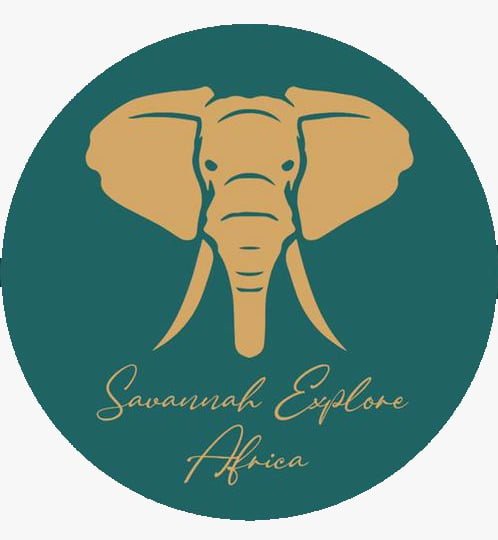Let Us Plan Your Dream African Trip


Uganda, often referred to as the “Pearl of Africa,” stands as a testament to the extraordinary diversity of life on our planet. It’s a haven for wildlife enthusiasts, offering one of the world’s finest opportunities to witness the Big Five – lions, elephants, buffalos, leopards, and rhinoceros. What sets Uganda apart is the rare privilege of tracking mountain gorillas and chimpanzees in their pristine natural habitat. The country’s numerous national parks and reserves present thrilling wildlife safaris, where every moment is a chance to connect with the untamed world.
For those captivated by our closest relatives in the animal kingdom, Uganda is nothing short of paradise. Bwindi Impenetrable Forest and Kibale Forest National Park are globally renowned for their thriving primate populations. Beyond the awe-inspiring gorillas and chimpanzees, you’ll encounter various monkey species, making Uganda a premier destination for primate enthusiasts, a place where the rhythm of life echoes through the canopy.
Uganda’s skies are painted with the vibrant colors of over 1,000 bird species. This East African gem is a birdwatcher’s nirvana. Its diverse landscapes, from wetlands to lush forests, create a kaleidoscope of habitats for an astonishing variety of avian life. Birdwatchers will revel in the joy of spotting rare and endemic species, adding a symphony of bird calls to their unforgettable memories.
The landscapes of Uganda are nothing short of breathtaking. From the tranquil shores of Lake Victoria to the thundering Murchison Falls, nature’s grandeur is on full display. The Rwenzori Mountains offer trekkers a challenge and reward them with panoramic vistas, while the savanna plains beckon with the allure of a classic African safari.
Uganda is a tapestry of cultures, languages, and ethnic groups. It’s a place where traditions thrive, and friendly locals are eager to share their way of life. Vibrant markets, traditional dance performances, and immersive visits to local villages allow travelers to immerse themselves in this vibrant culture, fostering connections that endure.
Adventurers, take note! Uganda offers a playground for thrill-seekers. Whether it’s white-water rafting on the Nile, quad biking through rugged terrain, or soaring through the treetops on a zip line in Jinja, there’s an adrenaline-pumping activity for everyone. Trekking and mountain climbing enthusiasts will also find their dreams realized in Uganda’s diverse landscapes.
Uganda is deeply committed to wildlife conservation, and your visit plays a vital role in preserving these natural wonders. For example, the fees from gorilla trekking permits directly contribute to conservation projects that safeguard these endangered giants and their habitats.
Compared to many other African destinations, Uganda offers exceptional value for travelers. Accommodation, food, and activities are often more budget-friendly, allowing you to immerse yourself in the best of Africa without straining your finances.
Ugandans are renowned for their warm and welcoming nature. Expect to find yourself engaged in heartfelt conversations with locals, gaining profound insights into their way of life, and forming lasting connections that transcend borders.
Uganda remains relatively undiscovered by mass tourism, ensuring that you can savor its attractions with fewer crowds and a more authentic experience. It’s a place where you can chart your own course and create your adventure.
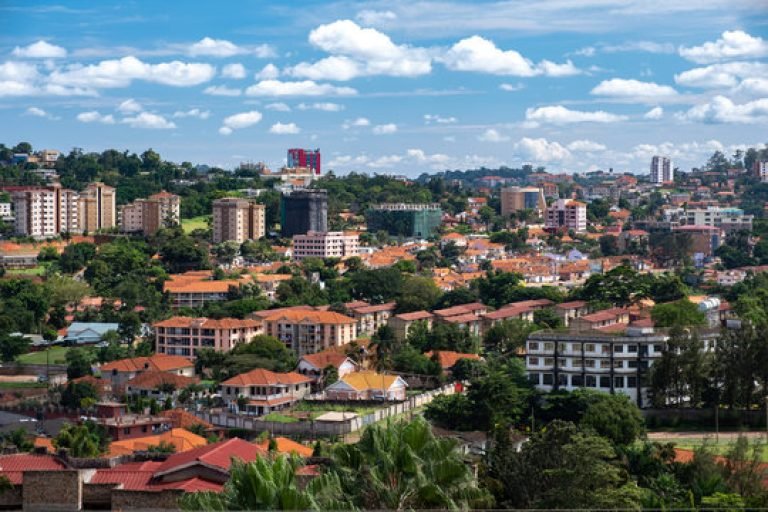
Kampala, Uganda’s bustling capital, combines a compact, high-rise center with sprawling suburbs. Serving as the country’s commercial, political, and logistical hub, it is also known for its laid-back and friendly atmosphere. Located 35 kilometers away, Entebbe, with its international airport nestled by Lake Victoria, serves as the main entry and exit point for visitors, who often spend a night in either Kampala or Entebbe before or after their Uganda safari.
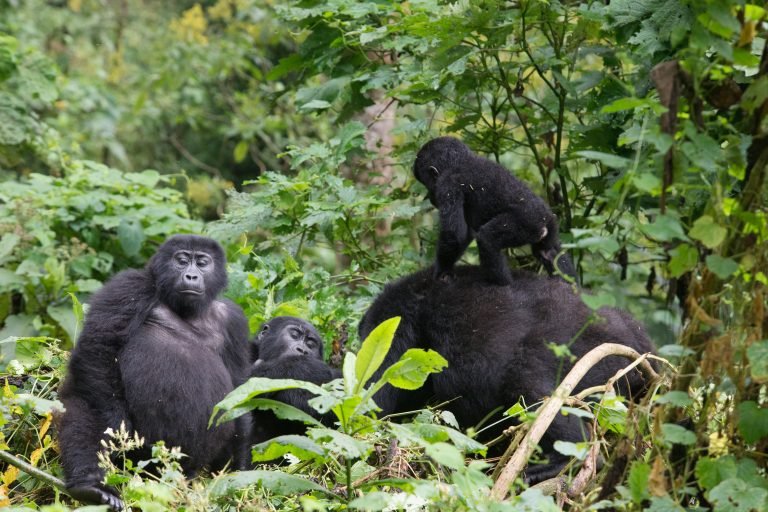
Don’t be deterred by its name; Bwindi is the top spot in Uganda for gorilla trekking. With expert guides and trackers, you’ll venture into this majestic forest. Spend an hour observing gentle gorillas in their pristine rainforest home before returning to your comfortable jungle lodge. Despite the challenging conditions of the trek—wet, humid, and muddy—the experience is extraordinary.
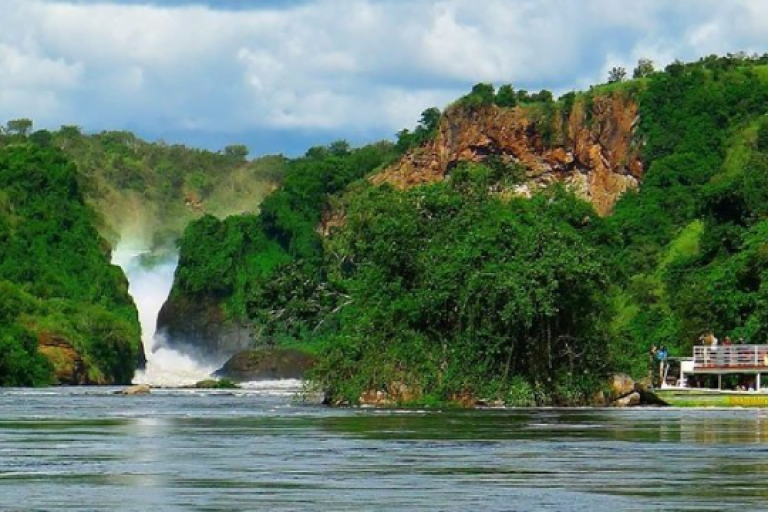
Murchison Falls in Uganda, divided by the Nile River, offers diverse wildlife including classic big game species like elephants, buffalos, lions, and hippos. With nearly 500 bird species, the park also hosts chimpanzees and colobus monkeys. A must-see is the boat cruise to the spectacular falls, where the Nile thunders through a 7-meter cleft in the Rift Valley Escarpment.
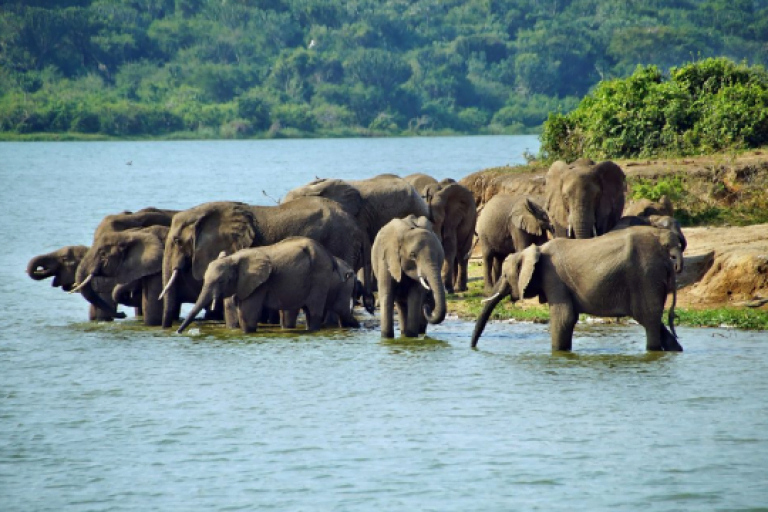
Combining seamlessly with Bwindi Forest, Queen Elizabeth National Park in Uganda is the popular and easily accessible savannah reserve. It houses elephants, buffalos, leopards, various antelope species, and the famous tree-climbing lions of Ishasha Plains. A boat cruise along the Kazinga Channel offers sightings of hippos and crocodiles, while the park’s impressive bird count of 600 species makes it a premier bird watching destination.
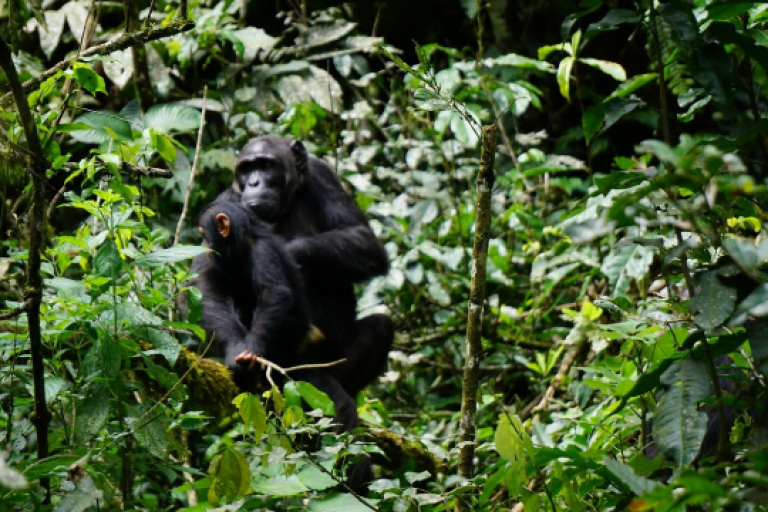
Kibale Forest in Uganda is a rapidly emerging must-visit destination, providing an accessible glimpse into tropical rainforest life. While large mammals may be elusive, the dazzling butterflies and stunning forest birds compensate, and Kibale is renowned for its primates. Guided chimpanzee treks offer an opportunity to spot the 12 primate species. The park’s connection to Queen Elizabeth National Park brings diverse wildlife, including elephants, predators, and a rich variety of tree species. Bird lovers will be enthralled by the 325 recorded bird species, with the famous Bigodi Swamp Walk showcasing 325 bird species.
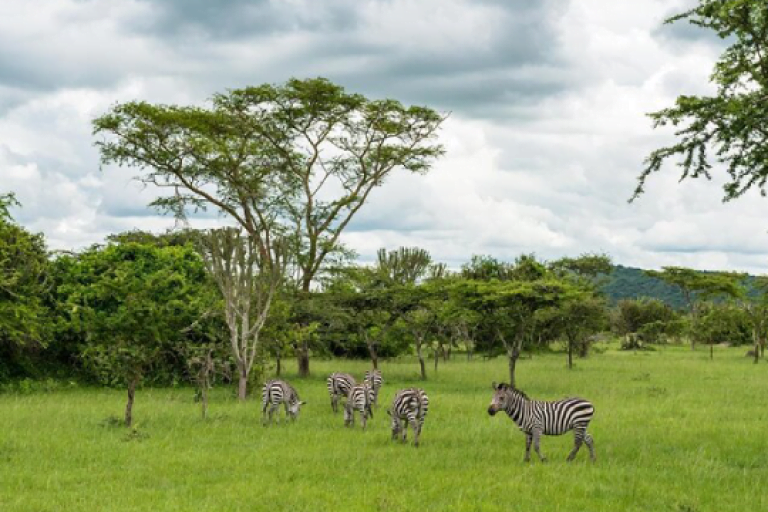
Situated halfway between Uganda’s capital, Kampala, and the gorilla trekking forests of the south-west, Lake Mburo serves as an ideal overnight stopover for travelers transitioning between these two destinations. While it may lack heavyweight species like elephants, the diverse combination of wetland and woodland habitats in Mburo offers a rich variety of mammals and birds. The tranquil ambiance and picturesque views of the lake provide a soothing retreat after a challenging journey.
It is recommended to obtain Uganda Shillings, the local currency, upon arrival in Uganda for easier transactions during your travels. While US Dollars are widely accepted, it’s important to note that cash is preferred over traveler’s cheques and credit cards, which may incur high transaction fees.
In Uganda, it is customary to tip around 10-15% for good service. Tips are typically given in Uganda Shillings or US Dollars. When it comes to gorilla trekking, tipping is at your discretion, with the porter usually receiving the highest tip and a second tip shared among guides, trackers, and security personnel.
For detailed tipping guidelines, feel free to consult one of our knowledgeable Africa Safari Experts.
When planning a trip to Uganda, be aware of the climate and pack accordingly. The average temperatures range from 14°C to 27°C throughout the year, with rainy seasons occurring from March to May and September to December. For gorilla trekking, pack long trousers, long-sleeved tops, long socks for ant protection, light gloves, a hat, and a raincoat. Bring sturdy hiking boots and consider the colder and damp mountain regions by packing warm clothes, a fleece, sunscreen, and insect repellent. Being prepared will enhance your experience in Uganda.
Entebbe International Airport, situated 35km from Kampala, serves as Uganda’s main international gateway, with many visitors arriving via Nairobi. While private charter flights can be costly, most travelers opt for road transfers using mini buses or 4X4 vehicles. It’s important to note that Uganda’s infrastructure is limited, and roads are often in poor condition, resulting in long travel times between destinations, particularly during the rainy season. Game drives in national parks typically take place in open-sided 4X4 vehicles.
A visa is mandatory for all visitors to Uganda, and passports should have a minimum validity of six months from the departure date. Visas can be obtained at major borders and at Entebbe International Airport. Single and double-entry visas are valid for up to three months and cost approximately US $30. Extensions can be obtained at the immigration office in Kampala.
Uganda has a rich history, dating back over 50,000 years. The indigenous population included the Batwa, a hunter-gatherer society, who were later displaced by Central African cattle herders and farmers. The region witnessed the rise of political dynasties, particularly the Buganda Kingdom, before being colonized by Britain. Independence was achieved in 1962, but social stability and economic growth were realized only in the mid-1980s after turbulent regimes. The economy revolves around agriculture, with cash crops like coffee, tea, and tobacco dominating exports. Subsistence farming employs a significant portion of the workforce. Future prospects include the exploitation of mineral, gas, and oil deposits, as well as the thriving tourism sector.
Uganda is home to a population of approximately 34 million people, mainly concentrated in the southern and western regions with the Baganda ethnic group being the largest. While there are around 40 regional languages, the official languages are Swahili and English. Christianity is the predominant religion, although Islam has a strong presence among the Asian communities. Ugandans hold their ancestry in high regard. The country follows conservative values, and visitors are advised to respect local customs and etiquette. However, visitors often appreciate the warm and polite nature of the locals, with greetings being elaborate and inquiries about family health being common. It’s important to note that brief and demanding interactions are not well-received in Ugandan culture.
Uganda’s diverse geography, nestled between the eastern and western branches of the Rift Valley, offers a temperate climate despite its equatorial location. With lush landscapes and abundant water sources, the country showcases remarkable biodiversity. From mountain gorillas in Bwindi Forest to chimpanzees in Kibale Forest, Uganda is a wildlife enthusiast’s paradise. Its savannah parks, though smaller in scale than neighboring countries, provide excellent game viewing. Additionally, with over 1,000 recorded bird species, Uganda is a top destination for bird watchers.


Join Our Monthly Newsletter, stay in touch and travel when ready
WhatsApp us
